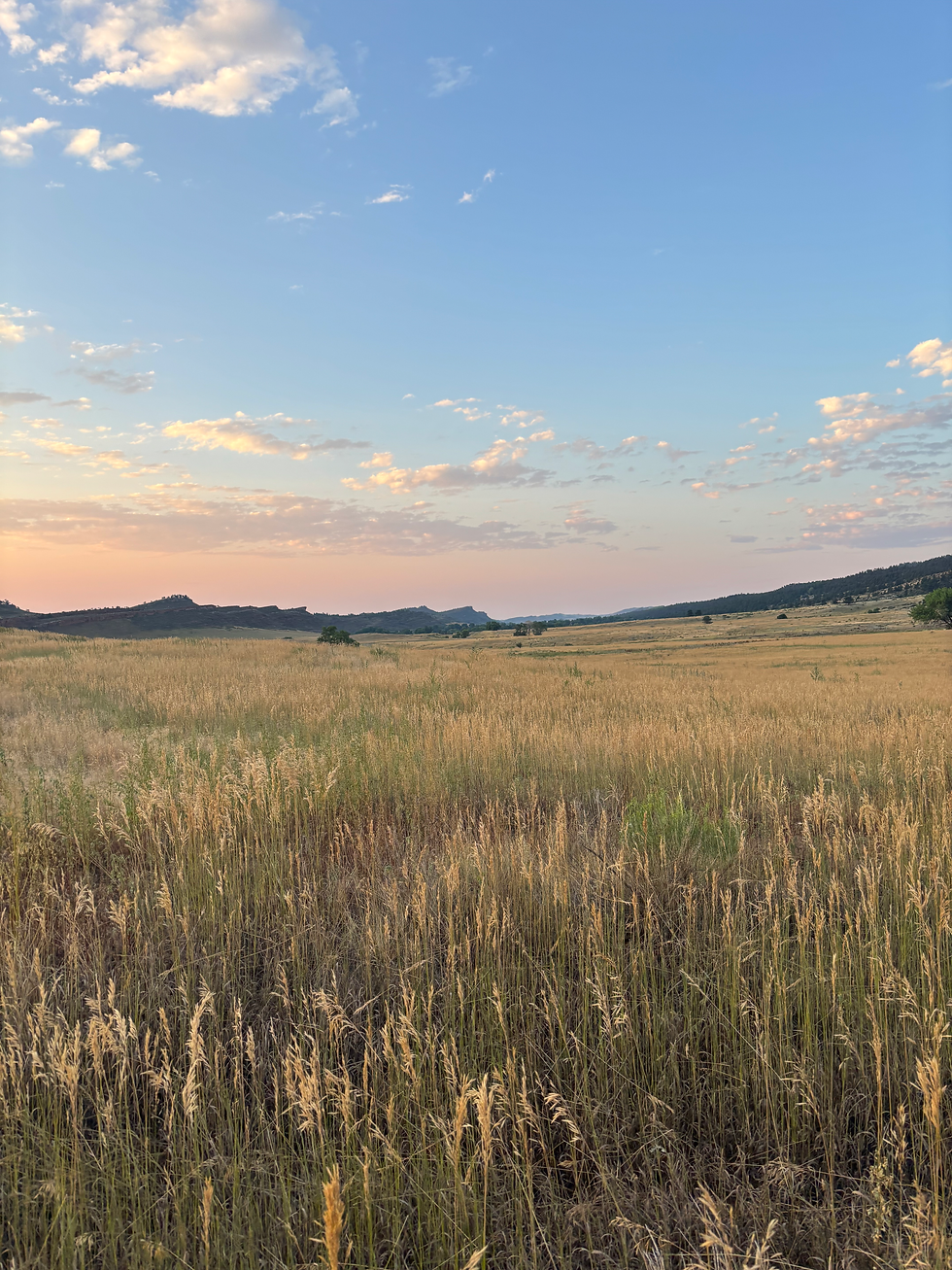
Backpacking List

1.) Backpack
This is essential, as every other item you carry will need to fit in your backpack. A backpack should be durable, water resistant or waterproof, big enough to carry a bunch of items, and have straps that help lessen the weight on your body.
2.) Trekking Poles
These items help reduce strain on the body, especially on elevated terrain. Their benefit also increases the more the distance hiked increases, making them a hot item to use for a day or multiple days.
3.) Water Filter
Ease of use and essential for drinking water while on-the-go.
4.) Toiletries
Having toiletries such as toilet paper and a toothbrush are especially important for overnight trips. Avoid fragrances or anything that smells and might catch the attention of animals.
5.) Cleaning Supplies (Non-Odor)
Using odor-free items keeps wildlife from curiously approaching you or your area.
6.) Durable Hiking Shoes
Shoes that can last long are a must when it comes to variable terrain.
7.) Headlamp/Light
Useful for navigation during the early morning (dawn), evening (dusk), and nighttime (twilight) hours.
8.) Cooking Kit—Spork, Bowl, Portable Stove W/Fuel
Have an energy-packed meal every day to fuel the requirements of the environment. A small, portable kerosene stove or a lighter would help you create a fire.
9.) Extra Clothing—Socks, Shirts, Pants/Shorts, etc.
Bringing 1 or 2 more pairs of clothing is important to stay dry. Staying dry keeps infections from brewing on your body, whether they be fungal, viral, or bacterial.
10.) Tent & Sleeping Bag OR Hammock
Use the combination of a tent and sleeping bag to set up a camp for the night, or tie a hammock to a sturdy tree as another option. If you feel comfortable with nature, you can just bring a sleeping bag and find a spot on the ground to sleep.
11.) Pillow
A pillow is a must when staying overnight for multiple days.
12.) Navigation—Map, Compass, GPS
Finding your way around the environment can be quite tricky. A physical map of your area is important for landmark identifcation or elevation determination. A compass will point you in the right direction. A GPS can have both a map and a compass, making it perfect when trying to lighten the load.
13.) Communication Device/Satellite Phone
Ensure that your phone, walkie-talkie, or satellite phone has service in the areas you'll be traversing in before you head out. This is an important step, as safety should be your #1 priority.
14.) Food
Pack enough food for your 1-3 day trip. It is recommended to bring food that won't spoil for a few days or is able to be cooked within the day.
15.) Water
Having 3 Liters of water per day is the right amount to take with you. Since backpacking can span multiple days, bring extra water in water bottles or hydration packs. A water filter can be a substitute for bringing extra water. Just make sure you're around water sources, ideally clean as possible.
16.) Optional—Bear Spray or Bear-Proof Container
Depending on your location, bear spray can deter any bears who are curious about eating your food. Putting your food in a bear-proof container is also an option.
You want to avoid using smellable toothpaste, as smells will attract animals to your location, and it's best to keep everything scented far away from your camping spot, like in your bear bag/barrel.
This is what we recommend to pack for backpacking trips. These types of trips are usually 1-3 days long, so proper preparation ensures the right amount of items are being packed with the goal of being on-the-go the whole time.